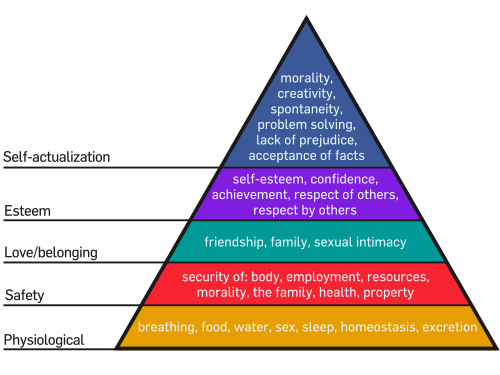Reasons why they fail are for example:
- Lack of a step-by-step plan to implement (re)solutions.
- Missing milestones/control/verification points (just once a year doing a check is not enough).
- Bad analysis in why the old habits were there - implementing a new habit instead of an old one works better if the new habit is also solving the old problem(s).
- ...
Dedicating time to personal development just once in a year is clearly not fruitful.
But anyway I do consider the new year's eve a good opportunity to look back at the last year, build a summary and do some focus decisions for the next year. Writing the old year's number for the last times or writing the new year's number for the first times is somehow something special that let us feel a cesura - it causes us to pause for a moment or at least creates a good environment to do so.
It is the same as in project management: Milestones should not be too distant from each other. Points of control should be often enough to ensure you are on track but there should be enough time between to have the chance finish some implementation (attempts).
I find new year's eve not the best time to break with old habits as during the last weeks of the year most people tend to find more stress than less. Thinking about and implementing new habits for me works better during and after longer (summer) vacation.
On the other hand new year's eve for me is a good time to think about a (possible but not necessarily "new") focus for the next year and take some (maybe already overdue) decisions. This will help you in your daily decisions already in the first days of the year. Just having the desired focus in mind masks irrelevant information making your life easier. And it avoids making commitments that do not support your life plans but take effect later during the year (so you don't notice immediately).
I wish you a successful 2010 with good decisions and razor sharp focus.
Related posts: Razor sharp focus, Information overflow, Focus by decision, Focus by direction.

